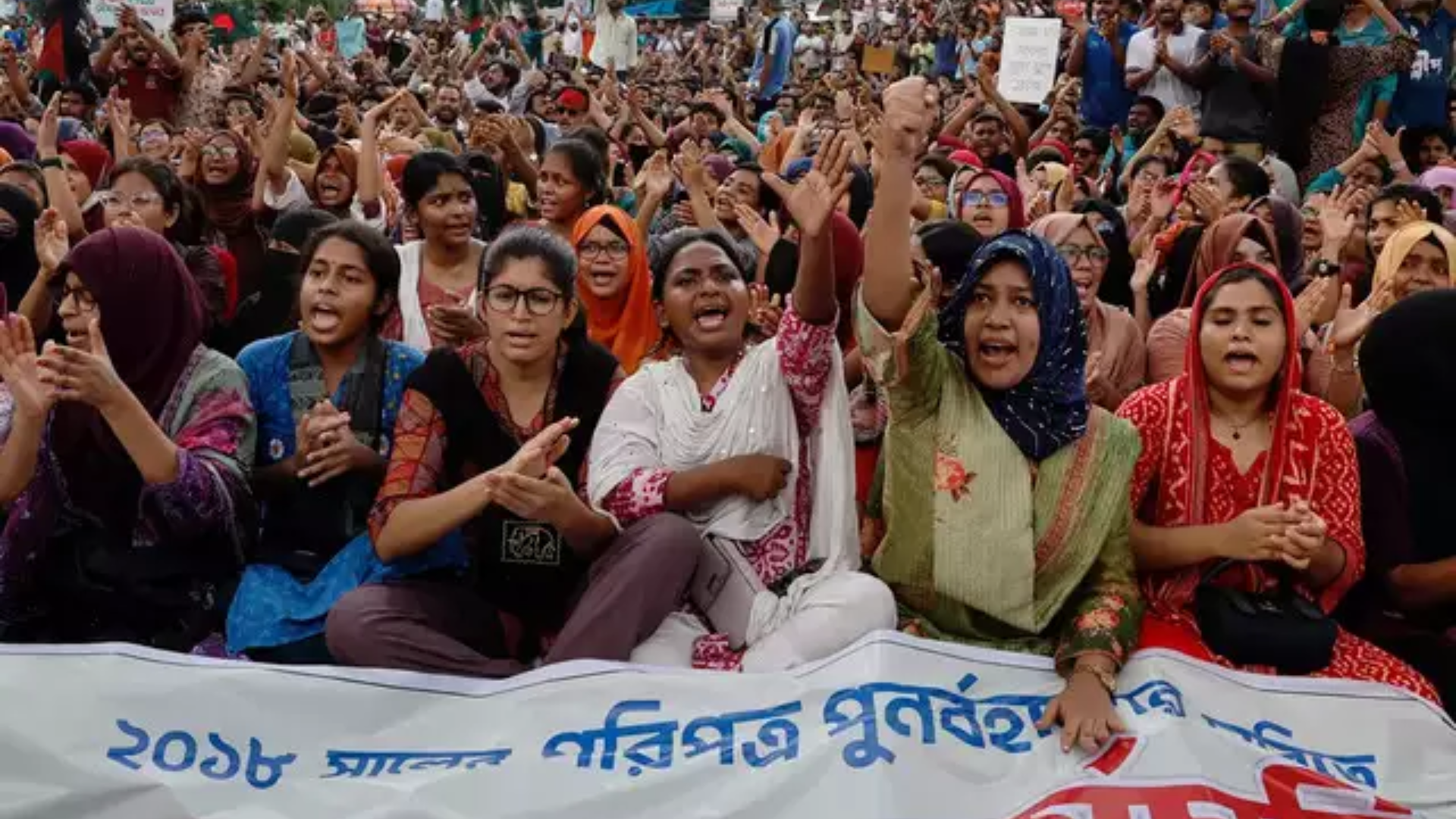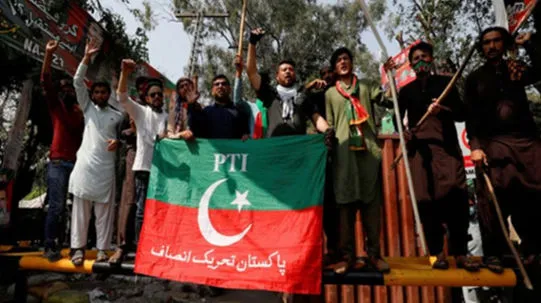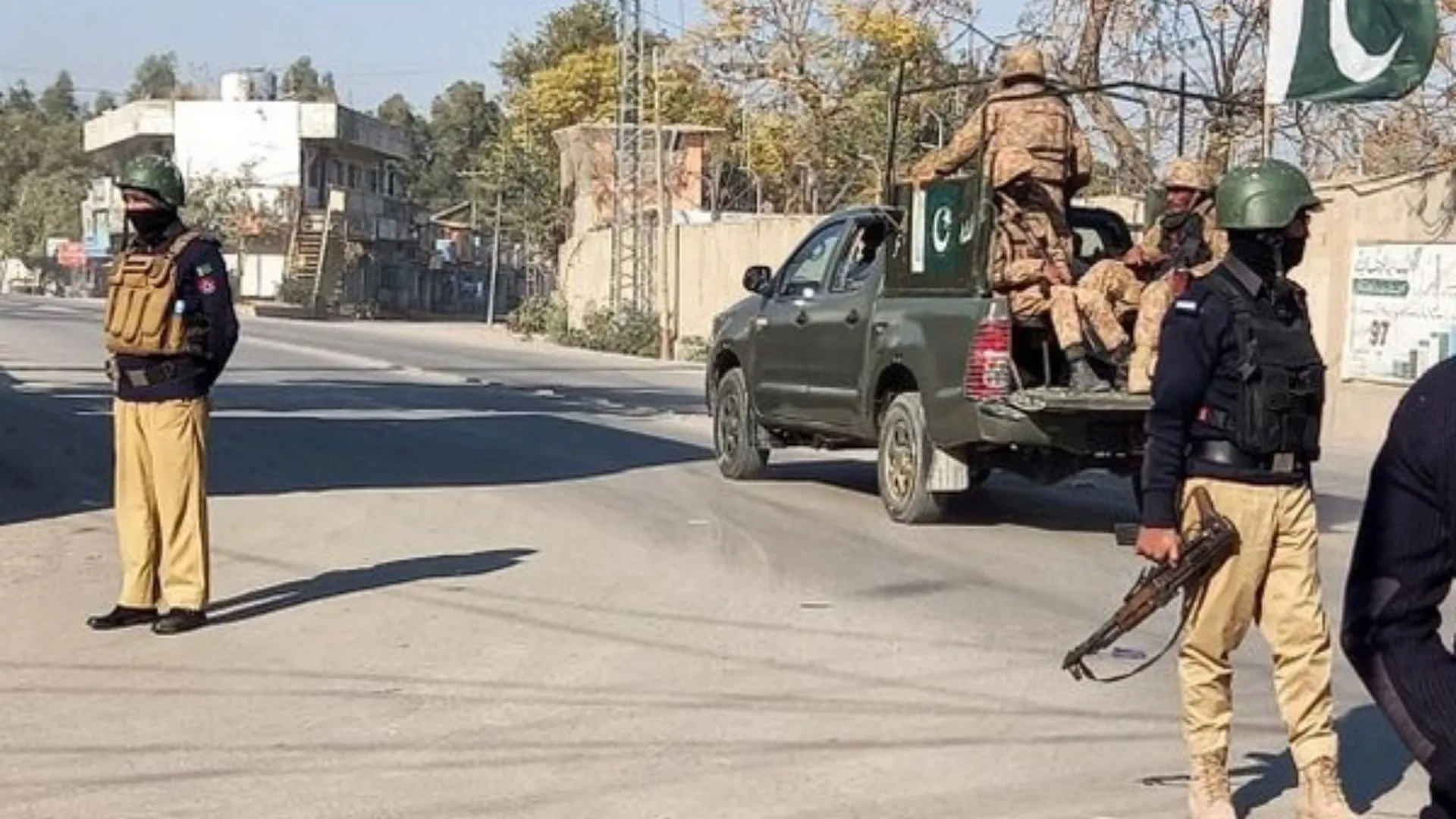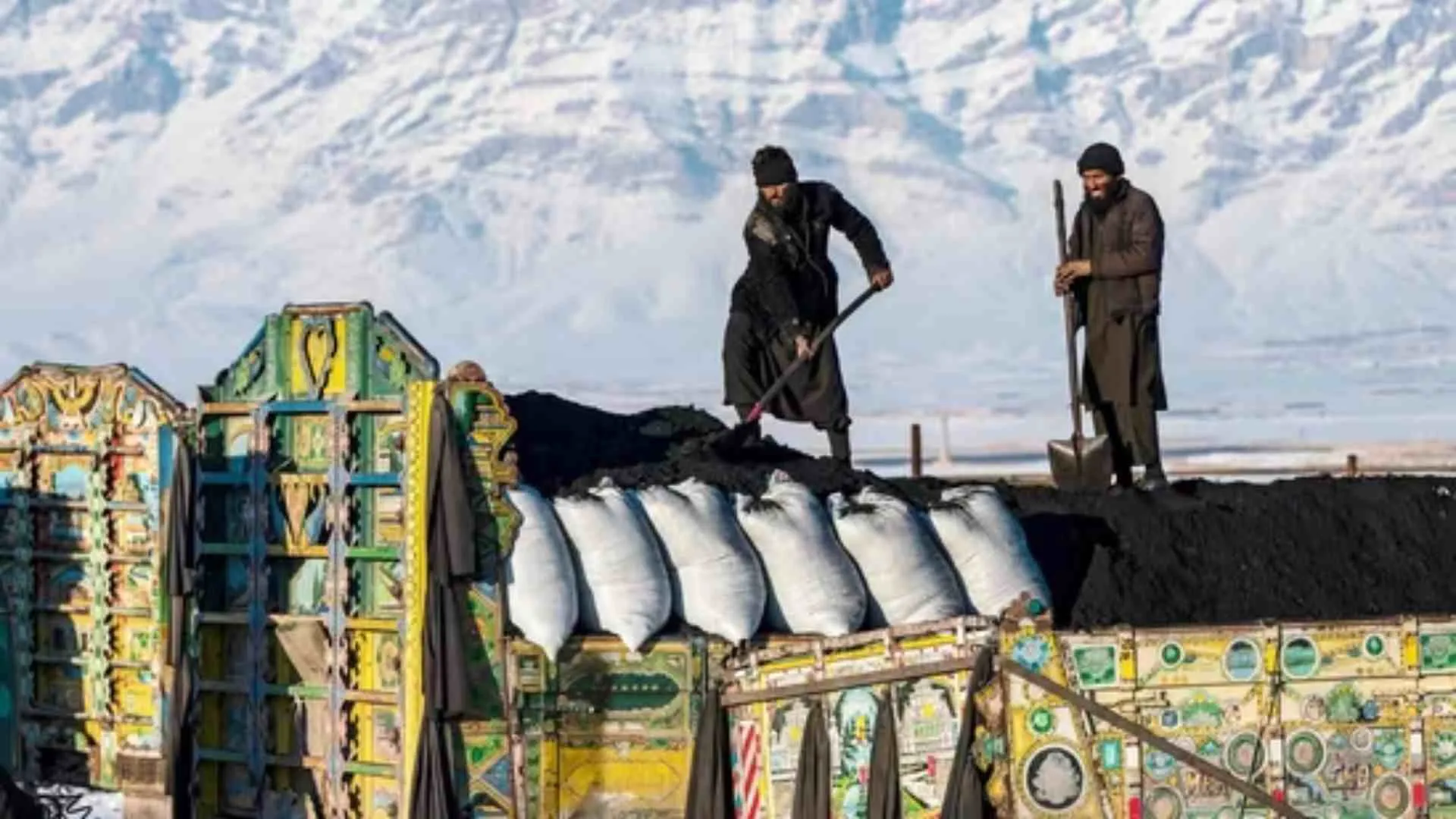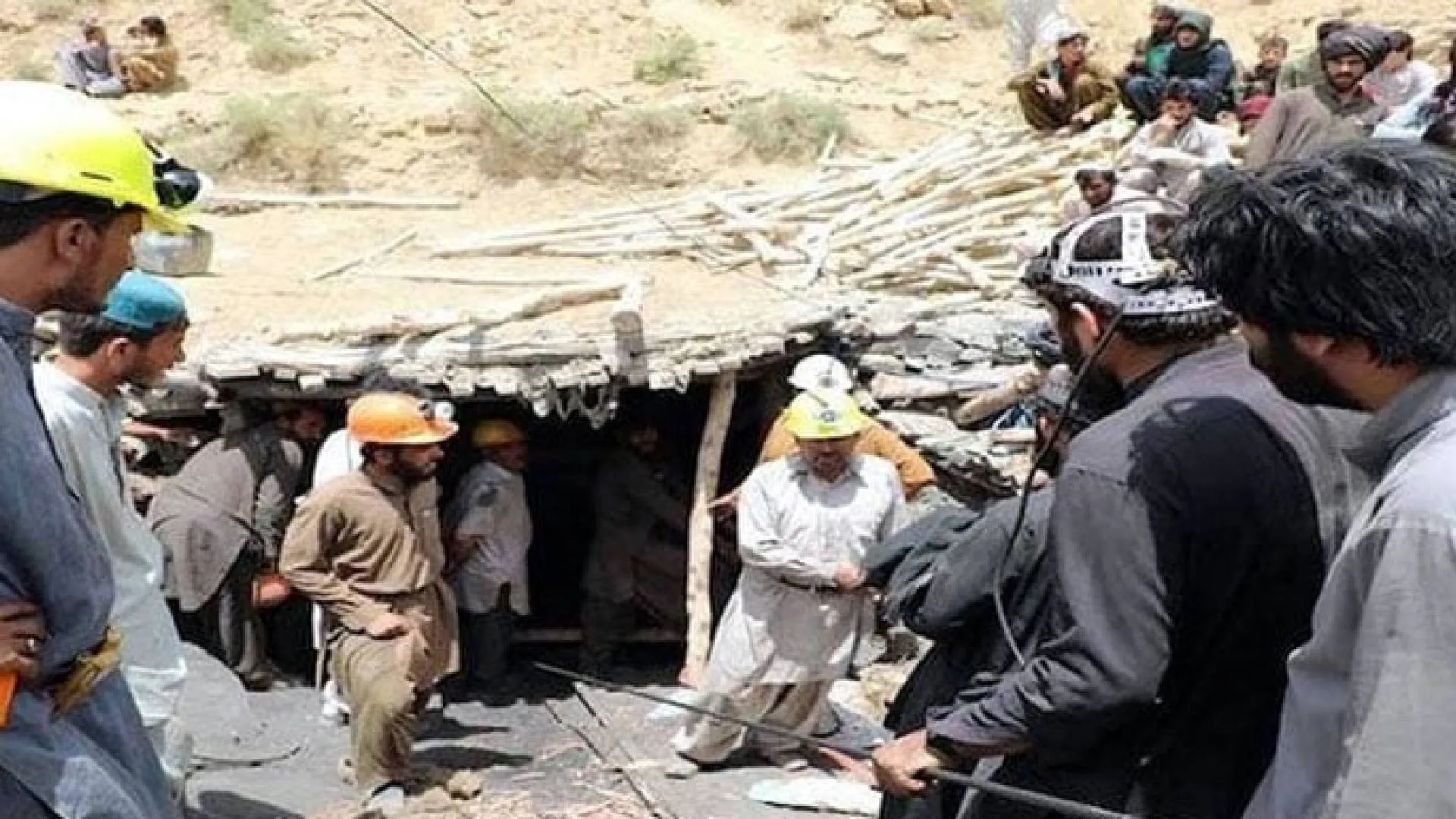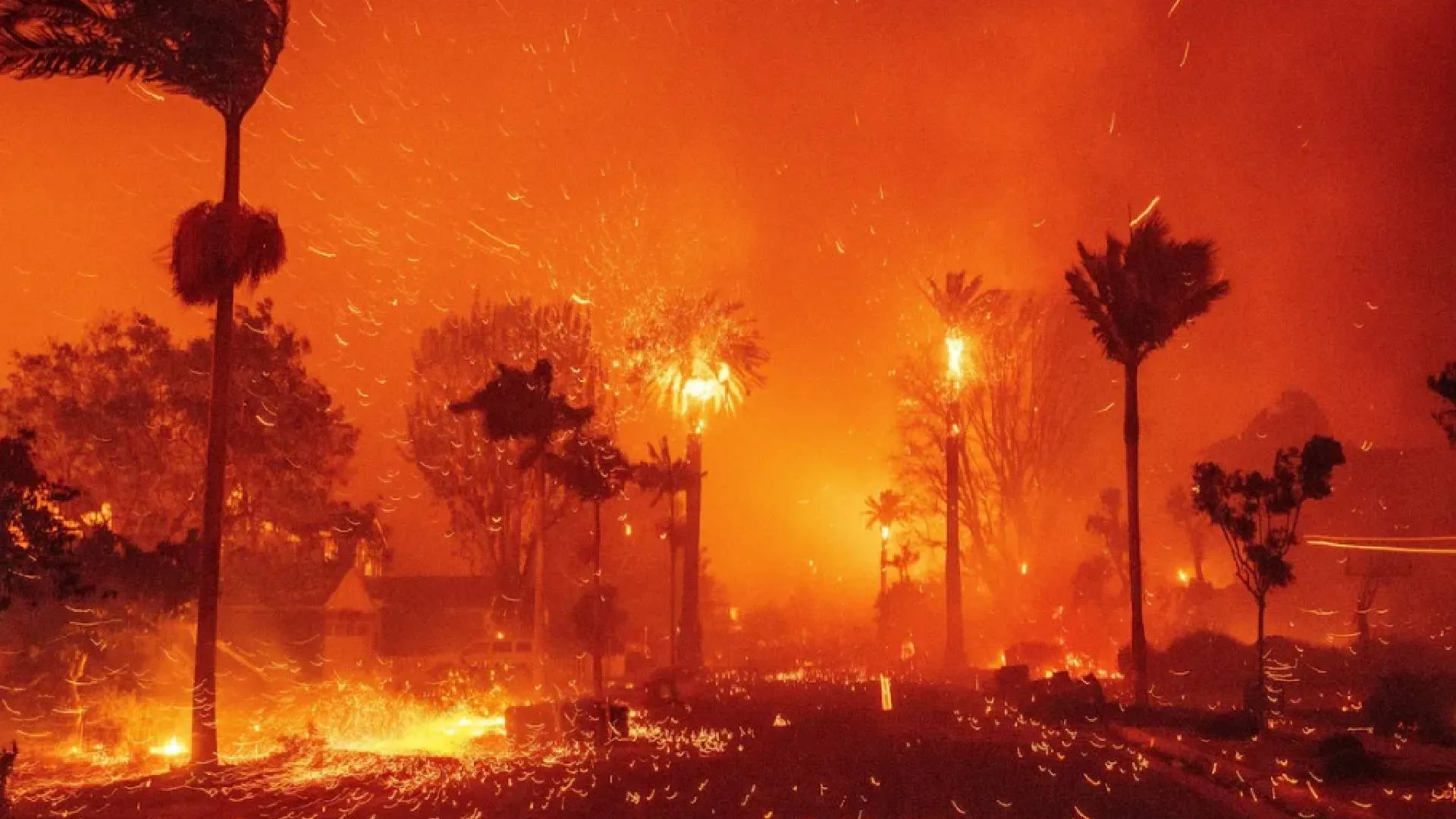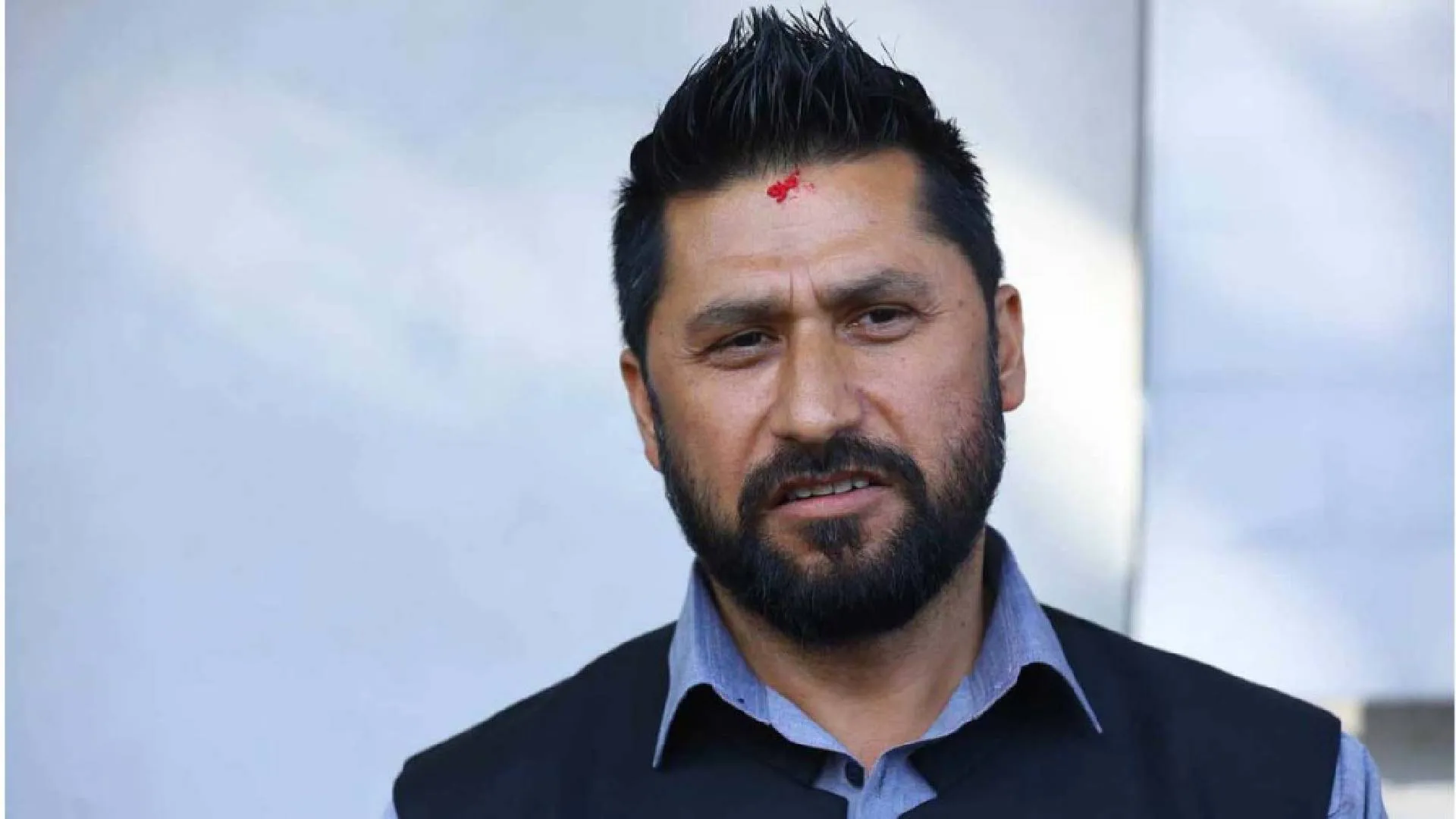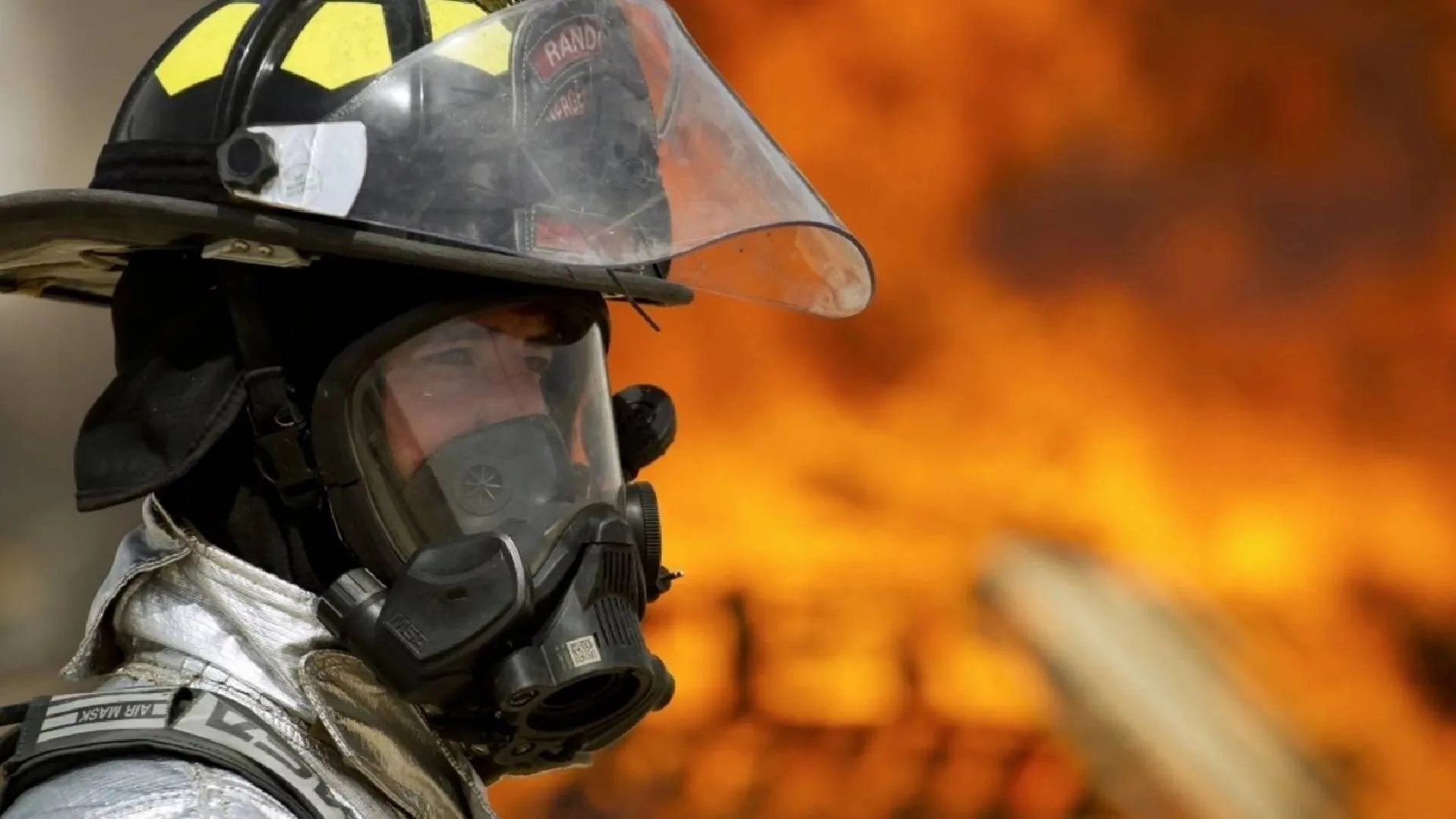Bangladesh’s Supreme Court has dismantled the majority of quotas in government jobs, responding to nationwide student protests that recently turned deadly, resulting in at least 139 fatalities.
Background of the Protests
The protests erupted last month following a High Court decision to reinstate a quota system for government jobs. This decision overturned a 2018 move by Prime Minister Sheikh Hasina’s government to abolish these quotas. The system in question reserved 30% of government jobs for descendants of those who fought in the 1971 independence war against Pakistan. The original abolition in 2018 had come after similar student protests.
Upon appeal from the government, the Supreme Court suspended the High Court’s reinstatement of the quotas and ultimately decided to open 93% of government jobs to merit-based candidates. Only 5% of jobs will now be reserved for the families of independence fighters and 2% for individuals from marginalized groups and those with disabilities.
The Quota System’s Evolution
The quota system, established in 1972, has undergone numerous revisions. Prior to its abolition in 2018, 56% of government jobs were allocated under various quotas, benefiting groups such as freedom fighters’ families, women, residents of underdeveloped districts, indigenous communities, and the disabled. The current protests primarily demand the abolition of all quotas except for the latter two groups.
Escalation of Violence
The recent wave of protests intensified after Prime Minister Hasina declined to meet the students’ demands, citing ongoing court proceedings. She further inflamed tensions by labeling the protesters as “razakar,” a derogatory term for those who collaborated with the Pakistani army during the 1971 war.
Violence erupted when anti-quota demonstrators clashed with members of the student wing of Hasina’s Awami League party. Police resorted to using rubber bullets, sound grenades, and tear gas to disperse the crowds, who had blocked key roads and railway tracks.
Underlying Issues and Student Concerns
Students and critics argue that the 30% quota for freedom fighters’ families disproportionately benefits supporters of the Awami League, which led the independence struggle. With job growth in the private sector stagnating, government jobs, known for their stability and benefits, have become highly sought after. The quotas, therefore, reduce the number of opportunities available on a merit basis, exacerbating frustrations among students facing high unemployment rates. Approximately 32 million young people in Bangladesh are currently neither working nor in education, within a population of 170 million.
Economic challenges also fuel the unrest. Once a rapidly growing economy, Bangladesh is now facing stagnation, with inflation around 10% and dwindling dollar reserves.
Prime Minister Hasina’s Response
This wave of protests marks the first major challenge to Hasina’s government since her re-election for a fourth consecutive term in January, a victory achieved in elections boycotted by the main opposition. Hasina has expressed regret over the loss of lives and called for patience pending the Supreme Court’s verdict.

